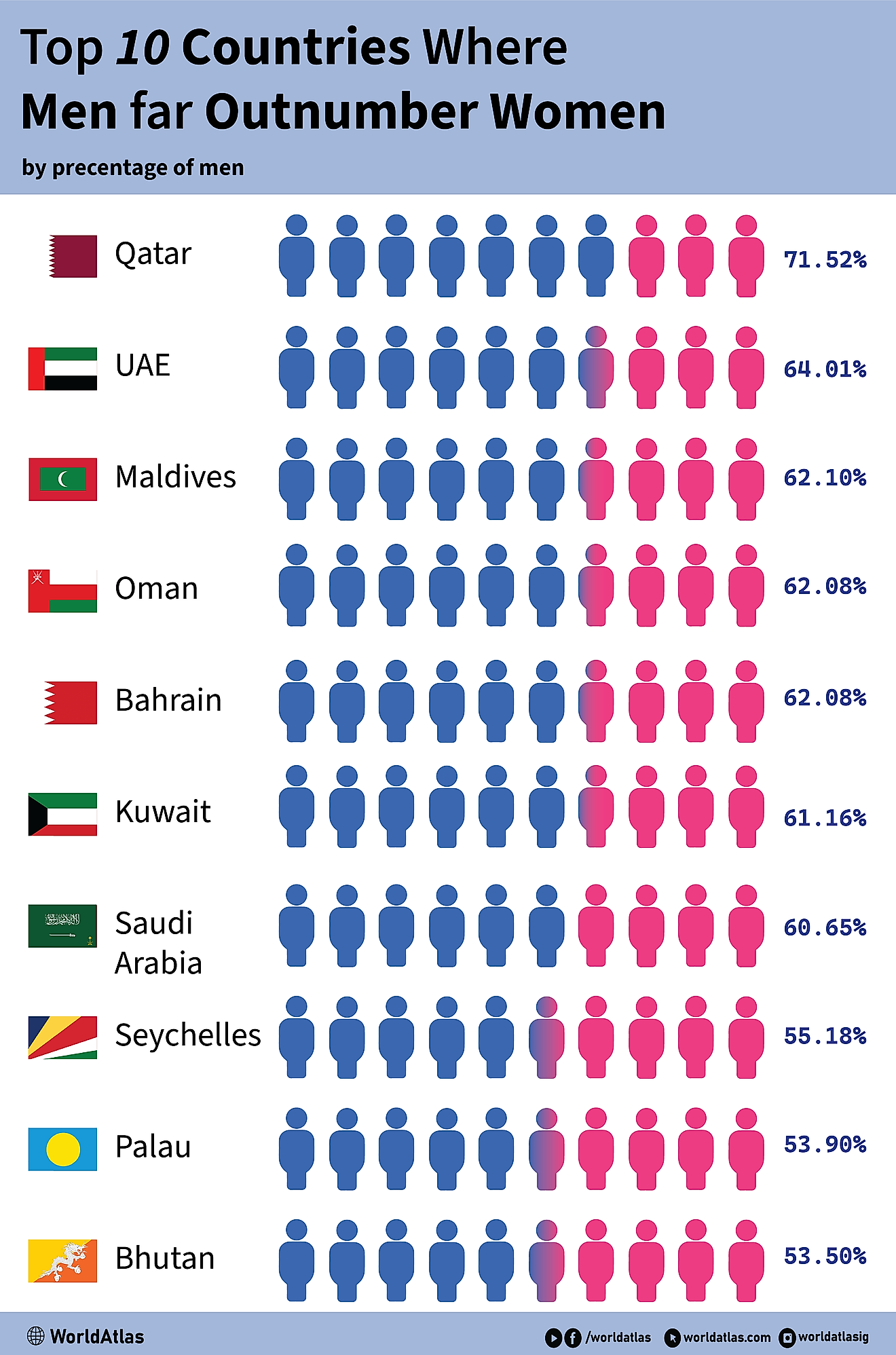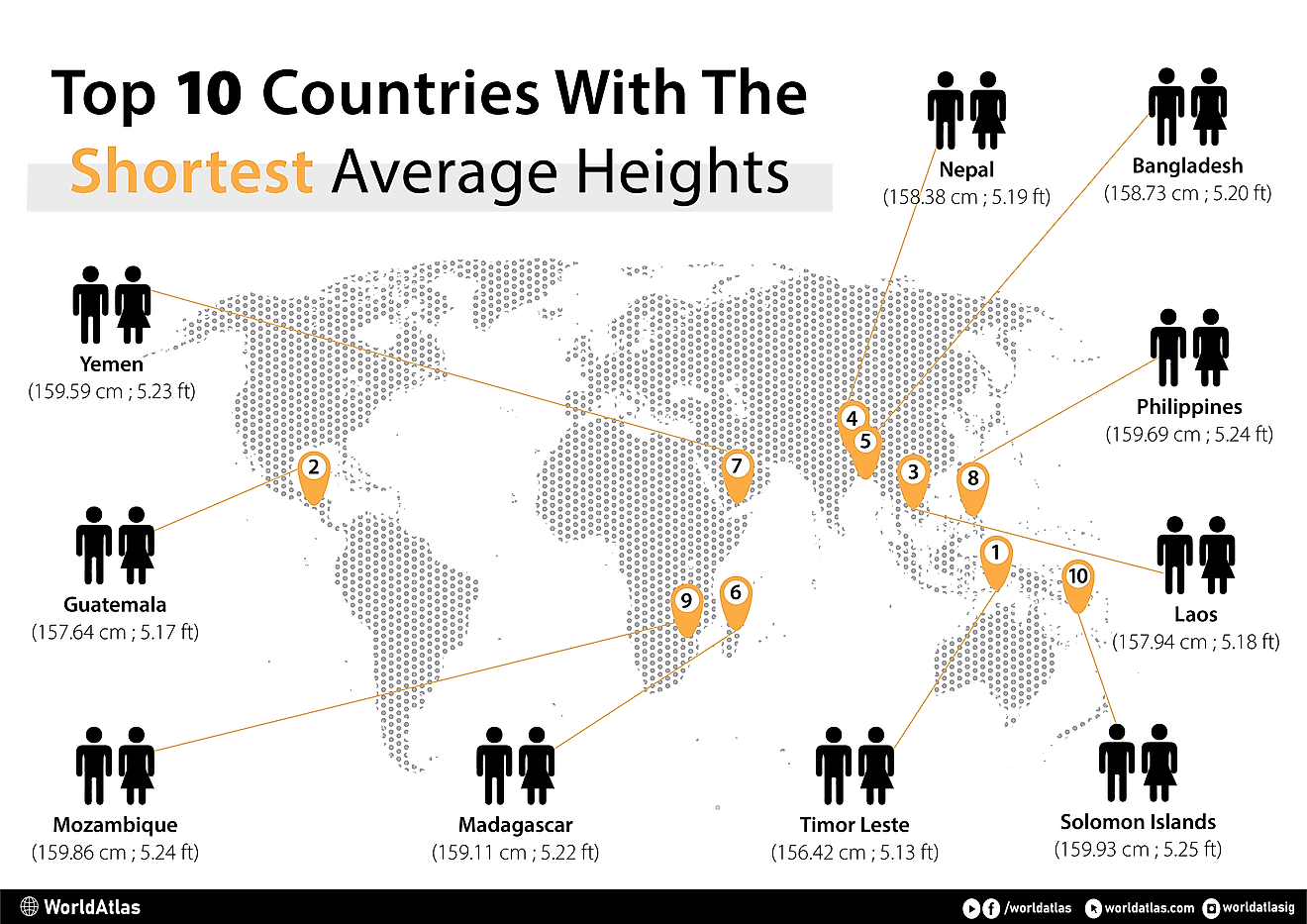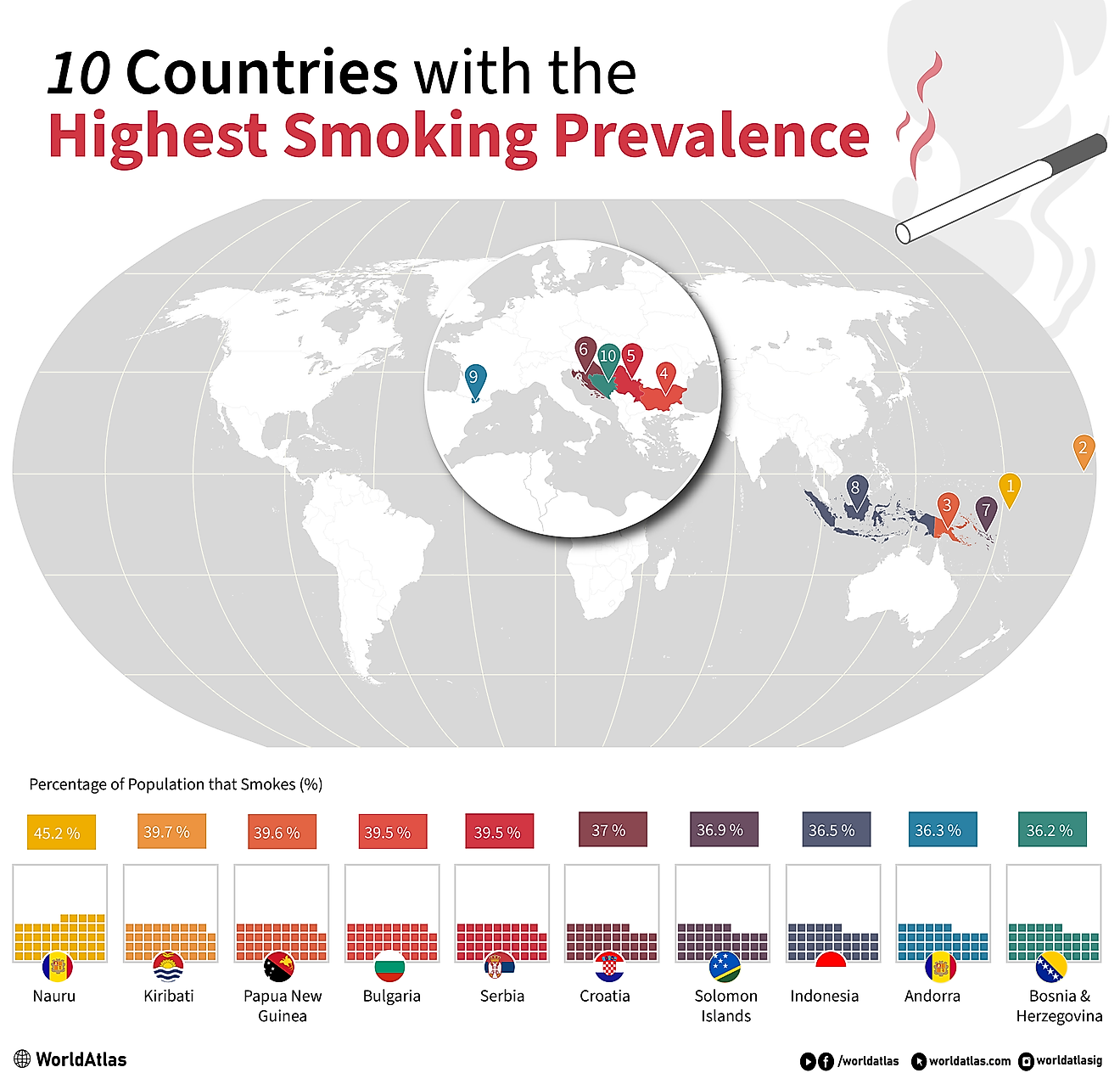What Is An Emirate?

An emirate is a territory or state under the jurisdiction of an Emir. An emirate is the dignity, office, quality, or territorial competence of an Emir. An emirate is also used to describe any province of a state administered by a ruling class member, especially of a royal descent like in Saudi Arabia.
Who Is An Emir?
An Emir is the head of state of an emirate. The Emir could be a king, prince, commander or governor.
List Of Emirates
1. The United Arab Emirates
The United Arab Emirates is a nation composed of seven emirates. It has a coastline on the Oman and Persian Gulfs. The following Emirates make up the UAE:
- Umm al-Quwain.
- Ajman.
- Dubai.
- Ras Al Khaimah.
- Abu Dhabi.
- Fujairah.
- Sharjah.
The Emirates became a federation on December 2, 1971. Every emirate has an Emir and maintains autonomy, even over oil revenues. The King of Abu Dhabi is elected as President while Dubai provides the Prime Minister. These posts are thus de facto hereditary.
2. Kuwait
Kuwait is found in western Asia at the tip of the Persian Gulf. Kuwait borders both Saudi Arabia and Iraq. It is home to a high-income economy and has world’s sixth largest oil reserves. In fact, the Kuwait dinar is the most valued currency today. The World Bank estimates that Kuwait has the fourth highest per capita income in the world ($68,940).
Kuwait is a constitutional emirate. It has ta semi-democratic political system where the Sheikh or Emir oversees the state functions. Kuwait has a hybrid political system divided between the appointed government and the elected parliament. With this form of governance, Kuwait has the most transparent and accountable government in the GCC (Gulf Cooperation Council) countries. Kuwait is also the most democratic country in the region regarding political rights and civil liberties.
The legislature is comprised of the National Assembly where the government executes the executive power. The prime minister is an appointee of the Emir and in turn, appoints the ministers who make up the government.
3. Qatar
Qatar is a sovereign country bordered by Saudi Arabia and the Arabian Gulf. Qatar is an absolute or constitutional monarchy. The Al Thani family has been in power since its establishment in 1825. In 2003, 98% Qatari voted for a new constitution that allowed for the direct nomination of three-quarters (30) of the legislative chamber (40 members). Tamim bin Hamad Al Thani is the current Emir.
The supreme executive authority is composed of the supreme chancellor who appoints (or demotes) the prime minister and cabinet ministers. The Council of Ministers makes up the legislature. Majlis Al Shura (Advisory Council) proposes laws and decrees, and the Emir ratifies them. The Consultative Assembly has the limited authority of drafting and approving laws, but the final decision ultimately lies with the Emir. Currently, all members of the council are direct appointees by the Emir as Qatar has had no legislative elections since 1970. The Qatari law forbids any political body or trade unions. Sharia law is applicable in the country. However, the world views Qatar’s legal system as a mixture of Sharia and civil laws.











